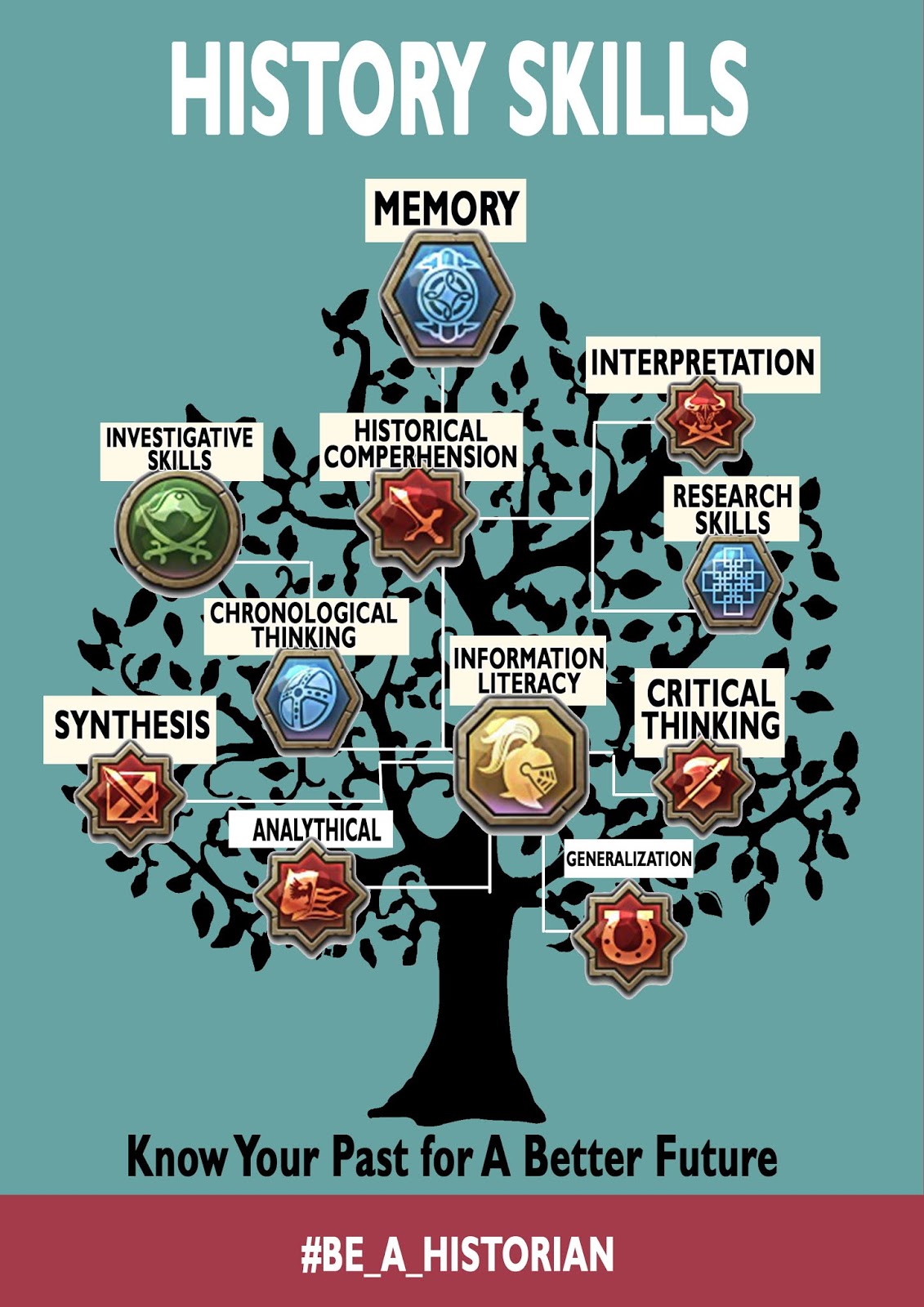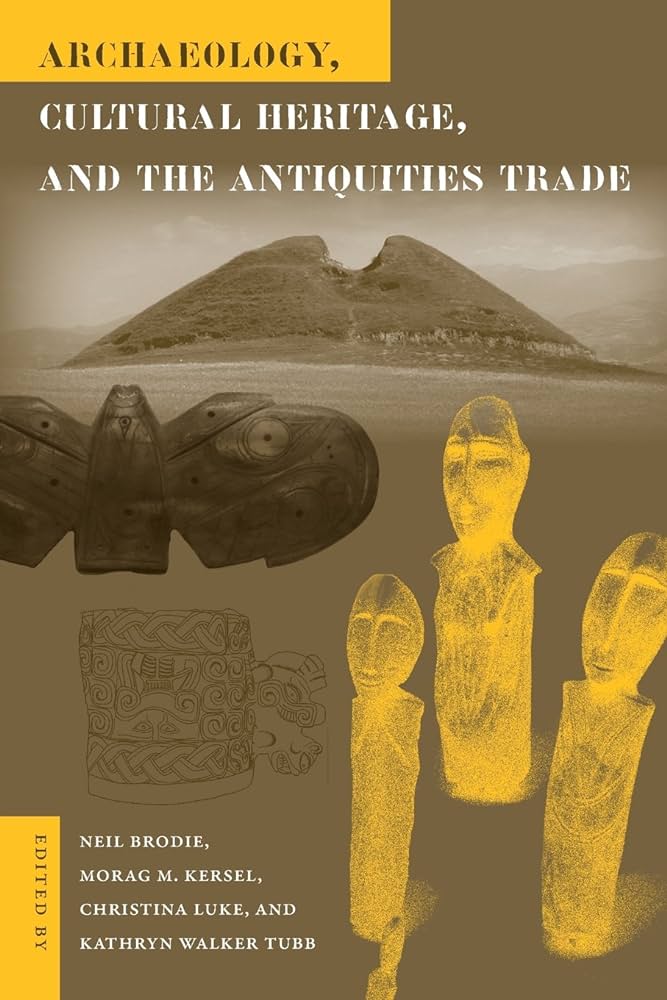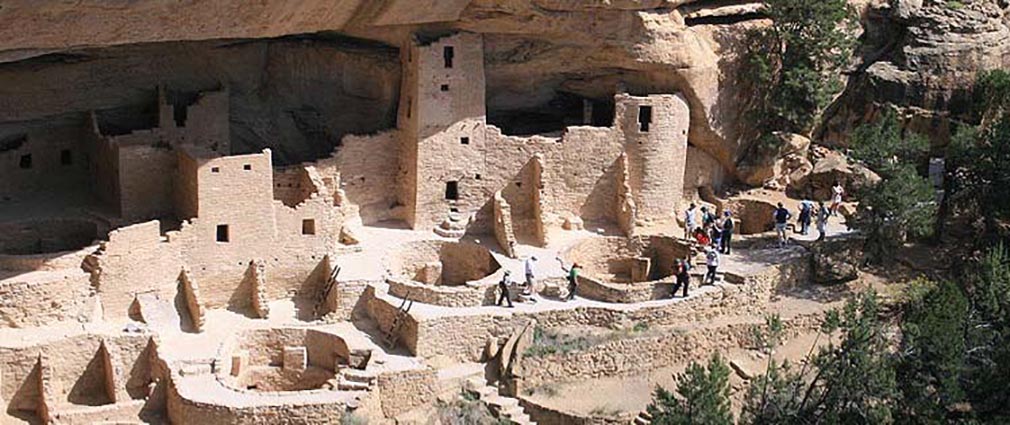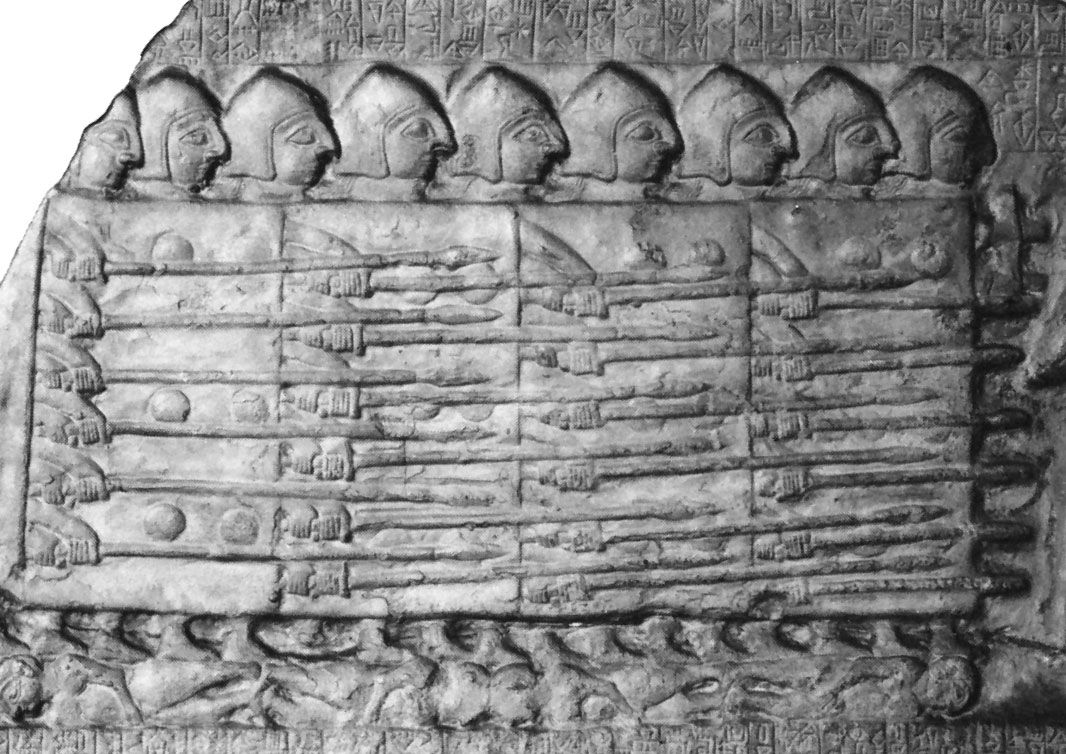Are you curious about your family’s past? Have you ever wondered how far back your ancestry goes? If so, you might be interested in uncovering your family tree. Uncovering your family tree can be an exciting journey of discovery. With the right resources, you can trace your ancestry through history and archaeology, uncovering the stories and secrets of your ancestors.
Tracing your ancestry through history and archaeology can be a daunting task. There are many tools and resources to help you explore your family tree, but it can be hard to know where to start. To help you get started, here’s a guide to uncovering your family tree.
1. Start with the Basics
Before you dive into the past, it’s important to start with the basics. Gather as much information as you can about your immediate family. Talk to your parents, grandparents, and other family members to get an idea of who your ancestors were and where they came from. This information can be invaluable when it comes to tracing your ancestry.
2. Utilise Online Resources
The internet is a powerful tool when it comes to uncovering your family tree. There are many websites and databases that can help you trace your ancestry, such as Ancestry.com and FamilySearch.org. These websites provide access to historical records and genealogical databases that can help you fill in the gaps in your family tree.
3. Dig Deeper
Once you’ve completed the basics, it’s time to start digging deeper. Look into records of old census data and birth, marriage, and death certificates. Contact local libraries, historical societies, and churches for more information. You may even be able to find records of land deeds and military service.
4. Use Archaeology
Archaeology can be a great way to uncover the stories of your ancestors. Look for artifacts and documents that may have been left behind by your ancestors. Check out local museums and libraries for information about your family’s past. Talk to archaeologists and historians who may be able to provide you with additional information.
5. Document Your Findings
As you uncover more information, it’s important to document your findings. Keep track of all the records and artifacts that you find. Take notes and photos of your discoveries. This will help you stay organized and will make it easier to share your findings











